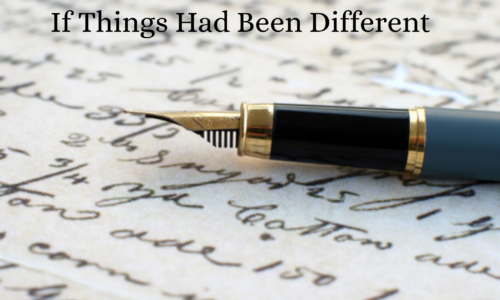As the president of my school’s Debate Team, I have presented several competitive opportunities to our club, one of them being the Ontario Ethics Bowl, hosted by the University of Toronto on February 3, 2024. I was my team leader for “The Quackers,” but as a whole, I had the opportunity to mentor a total of nineteen participants from Newmarket High School that were split amongst three teams.
The experience was exhausting yet thrilling at the same time, demanding months of preparation before the day of the tournament. I worked to ensure proper communication between our team as we discussed and developed arguments about prevalent ethical issues in our society. I created a comprehensive schedule, delegated work effectively, and organized meetings twice a week to ensure that we had enough time to go through all of the cases in depth. This endeavor allowed me to enhance my time management skills and learn the importance of defining clear goals to ensure that they are accomplished.
There are ten ethical cases in question for teams to construct the central moral dilemma, determine their thesis, and provide arguments, strong objections to their arguments, and adequate responses to those objections. The Ethics Bowl is special in that it’s an exercise in critical thinking, encouraging individual teams to explore different perspectives and challenge their own views before bringing nuanced arguments to the table at the bowl. I think my favourite case was Case 3: Confucius and Politeness Norms. We determined that the central dilemma of the case was a consideration of how much etiquette influences moral life and whether it was a fair way to judge a person’s character. It was intellectually stimulating to explore how politeness can be used to mask someone’s true demeanor, and how we cannot centralize etiquette since social norms are heavily dependent on cultural routine, but that, for example, the act of holding the door for someone behind you means that sometimes etiquette can be grounded in something universal. Ultimately, our thesis emphasized that etiquette can be an indicator of someone’s judgement, but should be considered critically lest it result in simplistic and inaccurate judgments. Etiquette aims for peace, order, and respect, but must be balanced with honesty, and I believe that is a lesson I can continue to dissect and apply to my life throughout my learning journey.
The day of the competition, our team did well for themselves and we were able to articulate our arguments with confidence and engage thoughtfully with the opposing team and the judges. The experience also taught me that a good leader trusts in their team and listens to their ideas, as by practicing open communication as equals we were all able to prepare for success at the Ethics Bowl.
Thank you so much to the organizers of this event, and I am so excited to participate again next year!


